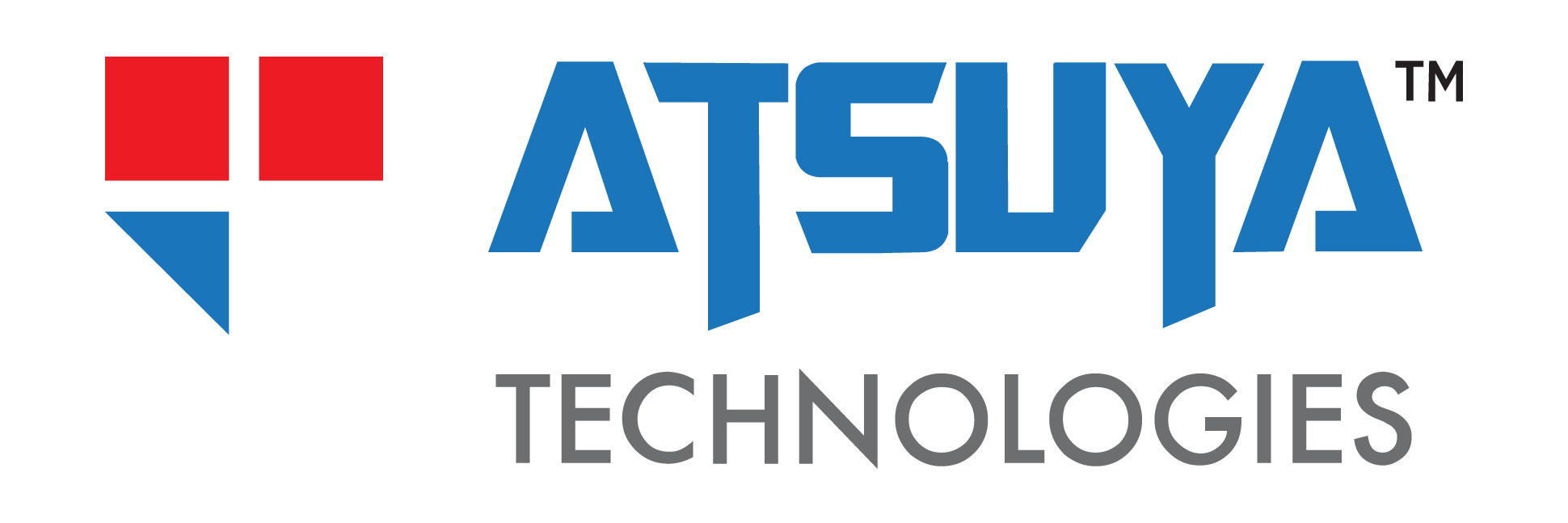
In today’s fast-paced and interconnected business landscape, digital transformation has emerged as a critical driver of success and innovation. However, navigating the complexities and challenges of this transformative journey requires meticulous planning, strategic thinking, and proactive measures.
Let’s dive into some of the key challenges faced by businesses in their digitisation efforts and explore effective solutions to overcome them.
1. Legacy Systems and Infrastructure
Many organisations struggle with outdated legacy systems and infrastructure that hinder their ability to seamlessly adopt modern digital technology. Organisations facing this issue must conduct a comprehensive assessment of their current systems and prioritise upgrades and migrations to cloud-based solutions. Cloud platforms offer scalability, flexibility, and integration capabilities which enable organisations to adapt to technological advancements and changing business needs.
2. Data Security and Privacy
Safeguarding sensitive data and ensuring compliance with data privacy regulations is a cause of concern for businesses undergoing digital transformation. Investing in robust cybersecurity measures like encryption protocols, access controls, and regular security audits can help organisations overcome possible data breaches. Additionally, companies can also educate employees on data protection best practices and foster and promote a culture of accountability and vigilance while handling sensitive information.
3. Digital Skills Gap
Many employees lack the digital skills and knowledge required to effectively leverage technology. Companies can bridge this digital gap through training programs, upskilling initiatives, and digital literacy workshops. Encouraging continuous learning and providing opportunities for hands-on experience with digital tools and platforms can help employees better adapt to technological advances.
4. Integration and Interoperability
Integrating disparate systems and ensuring seamless data flow across applications and platforms can be a daunting task for businesses. For this, companies need to adopt an API-first approach. This will enable smooth integration between systems. Additionally, they can also leverage middleware solutions and integration platforms to streamline data exchange, automate workflows, and enhance operational efficiency.
5. Change Management and Resistance
Organisations undergoing digital transformation find it challenging to overcome the resistance to change and foster a culture of innovation and adaptation within the organisation. To tackle this, companies can develop a robust change management strategy that includes clear communication, stakeholder engagement, training programs, and incentives for embracing digital tools and processes. They can also encourage collaboration and empower employees to contribute ideas and drive innovation.
6. Cost and ROI
Digitisation investments can involve significant upfront costs, and measuring Return on Investments (ROI) can be challenging. Organisations can conduct a thorough cost-benefit analysis to assess the potential ROI that digitisation initiatives can yield. They can focus on long-term value creation, efficiency gains, revenue growth, and customer experience improvements. Furthermore, they can also monitor key performance indicators (KPIs) and metrics to track ROI over time and make data-driven decisions.
7. Customer Experience and Engagement
Delivering a seamless and personalised customer experience across digital channels is another major challenge faced by organisations looking at digital empowerment. What they can do to tackle this is leverage data analytics, customer insights, and digital marketing strategies. This will help enhance customer engagement, drive loyalty, and optimise user experiences. Companies can also implement omnichannel communication and self-service options to cater to diverse customer preferences and needs.
8. Regulatory Compliance
Regulatory compliance and adhering to industry standards can be quite challenging for organisations digitising their business processes. Stakeholders and process managers need to constantly stay updated on regulatory changes and compliance obligations relevant to their respective industries. They should also be looking at implementing data governance frameworks, risk management strategies, and audit processes to ensure compliance, mitigate legal risks, and gain and maintain customer trust.
9. Scalability and Agility
Businesses can find it difficult to ensure scalability, flexibility, and agility in digital solutions to accommodate business growth and evolving market demands. They can overcome these challenges by designing digital solutions with scalability and agility in mind. They can also embrace cloud-native architectures, microservices, and DevOps practices for rapid development, deployment, and scalability of digital applications.
10. Strategic Alignment
Lastly, another speed bump digitally transforming companies face includes aligning digital initiatives with overall business goals, vision, and strategy. They can tackle this by developing a comprehensive digital strategy roadmap aligned with business objectives. Fostering collaboration between IT and business units will help prioritise digital projects that deliver strategic value and competitive advantage. Businesses can also continuously evaluate and adjust digital strategies based on market trends, customer feedback, and business performance.
In conclusion, while digital transformation presents numerous challenges, organisations that proactively address these challenges with strategic planning, technology investments, and organisational readiness will unlock new opportunities for growth, innovation, and competitive differentiation in today’s digital era. Embrace digital transformation as a journey of continuous improvement and adaptation, driving meaningful outcomes and sustainable success for your business.
At Atsuya, we drive the digitisation journey of businesses across verticals through our integrated and scalable AI-based platform – AOne. The platform comes with a robust user interface that simplifies data perception and enhances user-friendliness. Our dedicated customer success team provides hands-on customer support with complete platform orientation and training. Want to know more? Visit www.atsuyatech.com or get in touch with us at marcom@atsuyatech.com.




